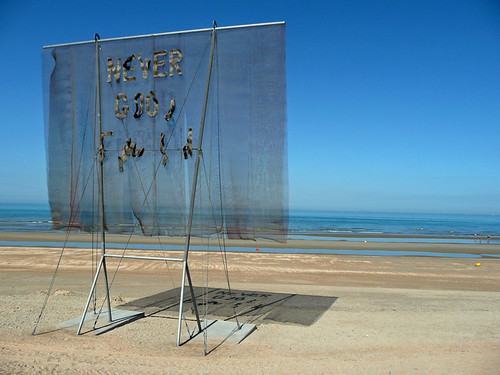The "Good Enuf" Revolution
The September 2009 issue of Wired has an absolutely fascinating, and slightly scary article on the "good enough" revolution, which is predicted to increasingly impact technology and business alike. Here are some blurbs from the article:
the "good enough" revolution, which is predicted to increasingly impact technology and business alike. Here are some blurbs from the article:
Why lo-fi high tech will rule the world.
From digital music to video cameras to military aircraft, cheap and simple beats perfect almost every time. It's called the MP3 effect, and it will change everything.
To some, it looks like the crapification of everything. But it's really an improvement. And businesses need to get used to it, because the Good Enough revolution has only just begun.
In addition to providing examples such as cheap digital cameras, the MP3 music format, cloud computing, and the like, the author also cites elawyering ("online Web tools that walk people through common legal procedures") and microclinics from Kaiser Permanente. Here's another quote from the article:
If that 80 percent number rings a bell, it's because of the famous Pareto principle, also known as the 80/20 rule. And it happens to be a recurring theme in Good Enough products. You can think of it this way: 20 percent of the effort, features, or investment often delivers 80 percent of the value to consumers. That means you can drastically simplify a product or service in order to make it more accessible and still keep 80 percent of what users want making it Good Enough which is exactly what Kaiser did.
So what are the ramifications for libraries? I'm not enough of a prognosticator to make predictions, but the implications seem potentially significant. Libraries that are reconsidering service models may want to take the "good enough" mantra into consideration.
If you don't have a print copy of Wired handy, you can read the article online at the Wired site, or even via ProQuest. Here's a ProQuest direct link, but you'll need to authenticate to get there from here.
(html)
